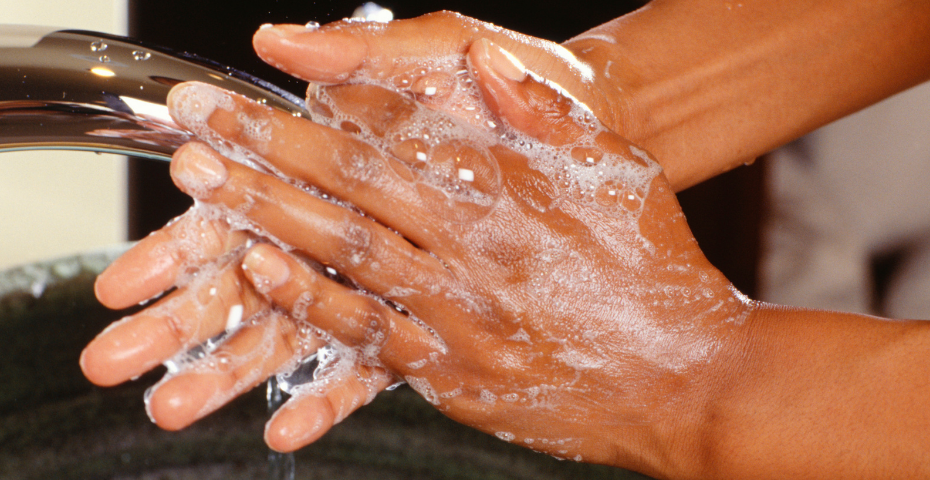Washing your hands is one of the most important ways to avoid spreading germs. For example, when you have a cold and go to the grocery store to grab some food, do you wash your hands?
Washing your hands is the most effective way to prevent the spread of germs and the spread of harmful bacteria. It is a simple method that dramatically reduces the likelihood of getting sick. Washing your hands is not just for hygiene. It’s also a good way to avoid spreading germs and the flu.
Why Washing Your Hands is Important – Saves Money, Makes You Healthier, Even Prevents the Flu
You might be wondering why washing your hands is important. Here are some reasons why.
Washing your hands is one of the most important ways to prevent yourself from getting sick and spreading germs. By doing so, you can save money by avoiding going to a doctor’s office or hospital. Even doctors in the hospital tend to wash their hands with distilled water before going for an operation. That’s why hospitals often buy distilled water for medical and hygiene purposes along with handwash soaps.
Other than that, washing your hands before eating food or touching your face helps fight off bacteria and reduce the chance of getting sick. It’s also important because it keeps you safe from any diseases and infections present in the restroom or kitchen.
Washing your hands regularly can help prevent the flu, save money by avoiding over-the-counter medication, and make you healthier.
The Centers for Disease Control and Prevention (CDC) recommends that adults wash their hands with soap for 20 seconds. The World Health Organization (WHO) recommends washing your hands for at least 20 seconds after coughing or sneezing into a handkerchief.
According to the WHO, washing your hands prevents the spread of diseases by eradicating harmful germs from the surface of your hands. It also helps prevent the spread of germs to other people.
The CDC estimates that handwashing can reduce hospitalizations caused by hand infections by 50%.
Handwashing can help prevent the spread of germs and colds.
There are many simple, healthy ways you can prevent the spread of germs and colds, like handwashing. Handwashing is a quick way to reduce our chance of getting sick.
There’s a common misconception that handwashing is a time-consuming task, but that’s not the case. You can effectively wash your hands in just a few seconds using water and any soap, whether it’s a fragranced option like bergamot soap or an antibacterial soap. Simply lather your hands with soap, scrub them for at least 20 seconds, and rinse thoroughly. It’s a quick and essential practice for maintaining good hand hygiene.
Many people think that handwashing isn’t effective because it does not kill most germs, which couldn’t be further from the truth! One study found that washing your hands in a hospital for just three hours could reduce your chances of contracting bacteria by as much as 90 percent!
There is currently no vaccine or cure for the common cold. The best way to prevent getting sick and spreading germs is by washing your hands but knowing how to scrub your hands properly can be difficult. Proper handwashing techniques include using soap and water, scrubbing with a stiff brush, and rinsing with clean water after each step.
The Benefits of Handwashing – It Helps Prevent Disease and Saves Money
Handwashing is a simple and effective way to prevent disease and save money. It can also help people with limited mobility wash their hands in the bathroom or when they are on the go.
In addition, handwashing has been shown to reduce the spread of some diseases, such as colds and flu.
Handwashing is recommended by public health officials as part of their routine hygiene practices – it should become a daily habit for everyone.
Conclusion: Make Washing Your Hands a Daily Habit
In order to prevent the spread of bacteria, we should make it a daily habit to wash our hands. Keeping your hands clean is not only healthy, but it also protects you from getting sick.
Wash your hands every time you are done using the restroom and whenever you touch anything. You should also use soap and water when washing them with your hands or using any other type of hand sanitizer. Lastly, if you have mucus in your nose or mouth, wash them before touching anything as well.
Washing your hands is an important step to maintaining good health and hygiene. Most cases of food poisoning happen when hands are not washed properly. Washing your hands will also prevent you from spreading sickness to other people.
